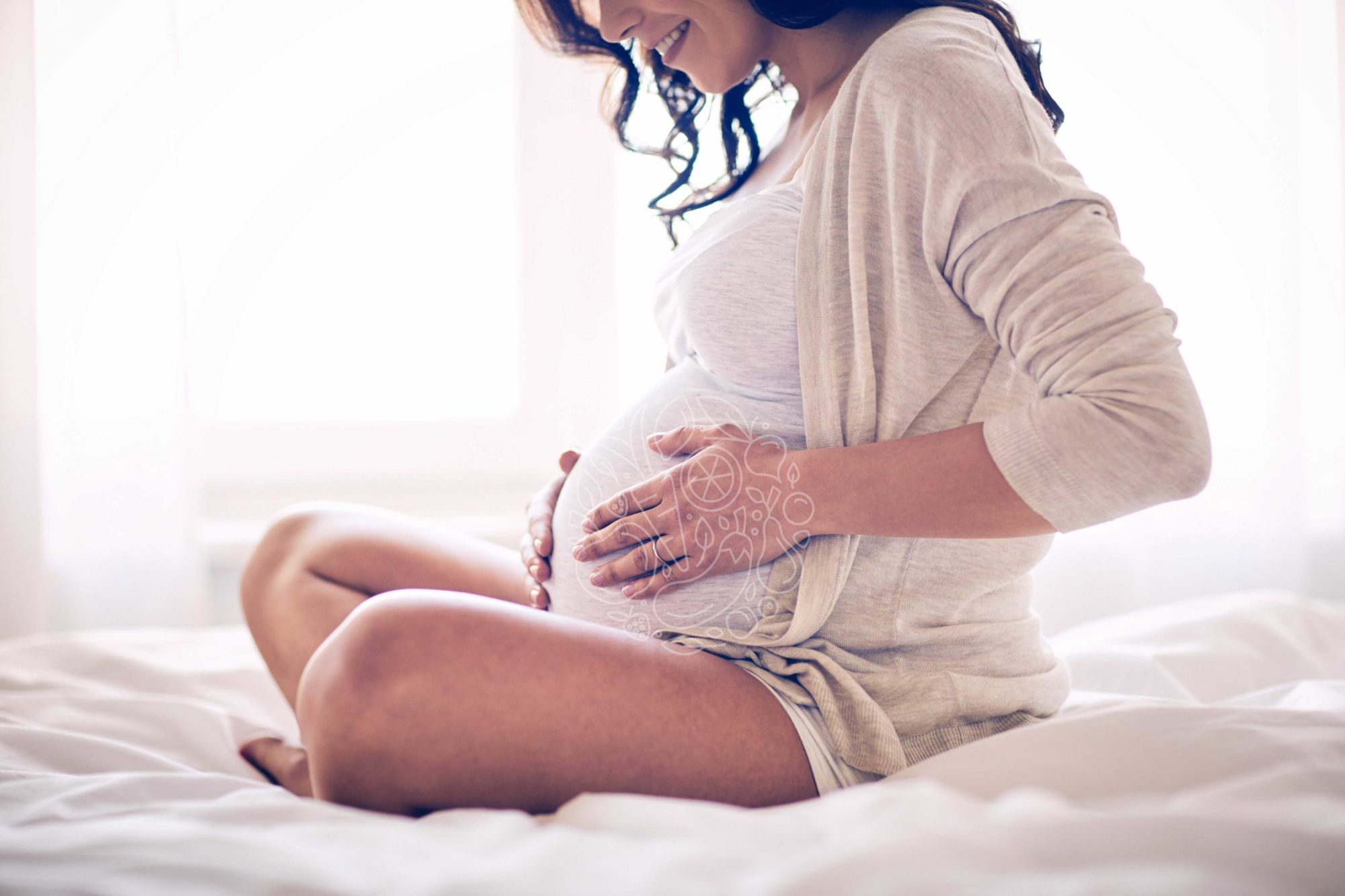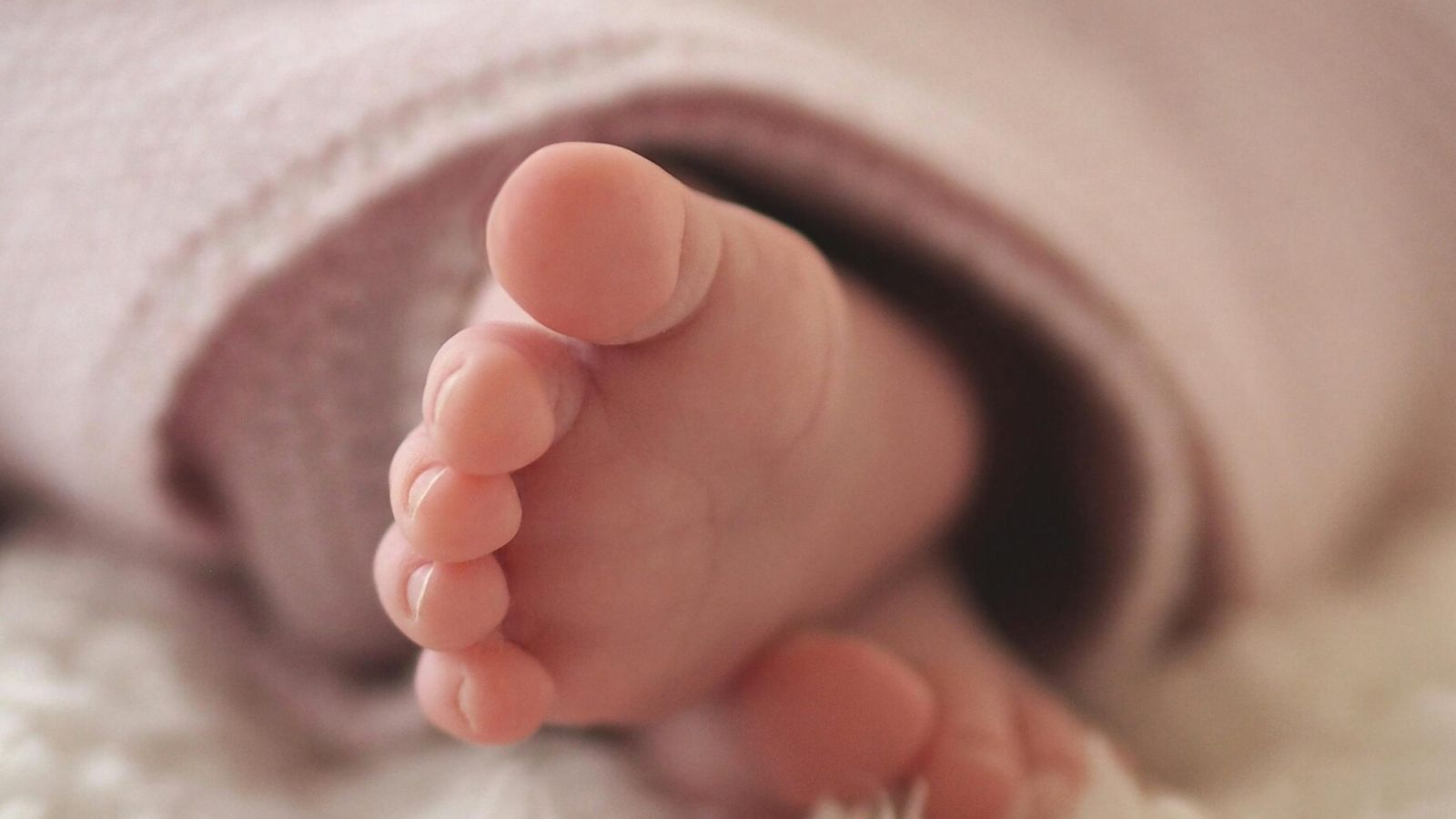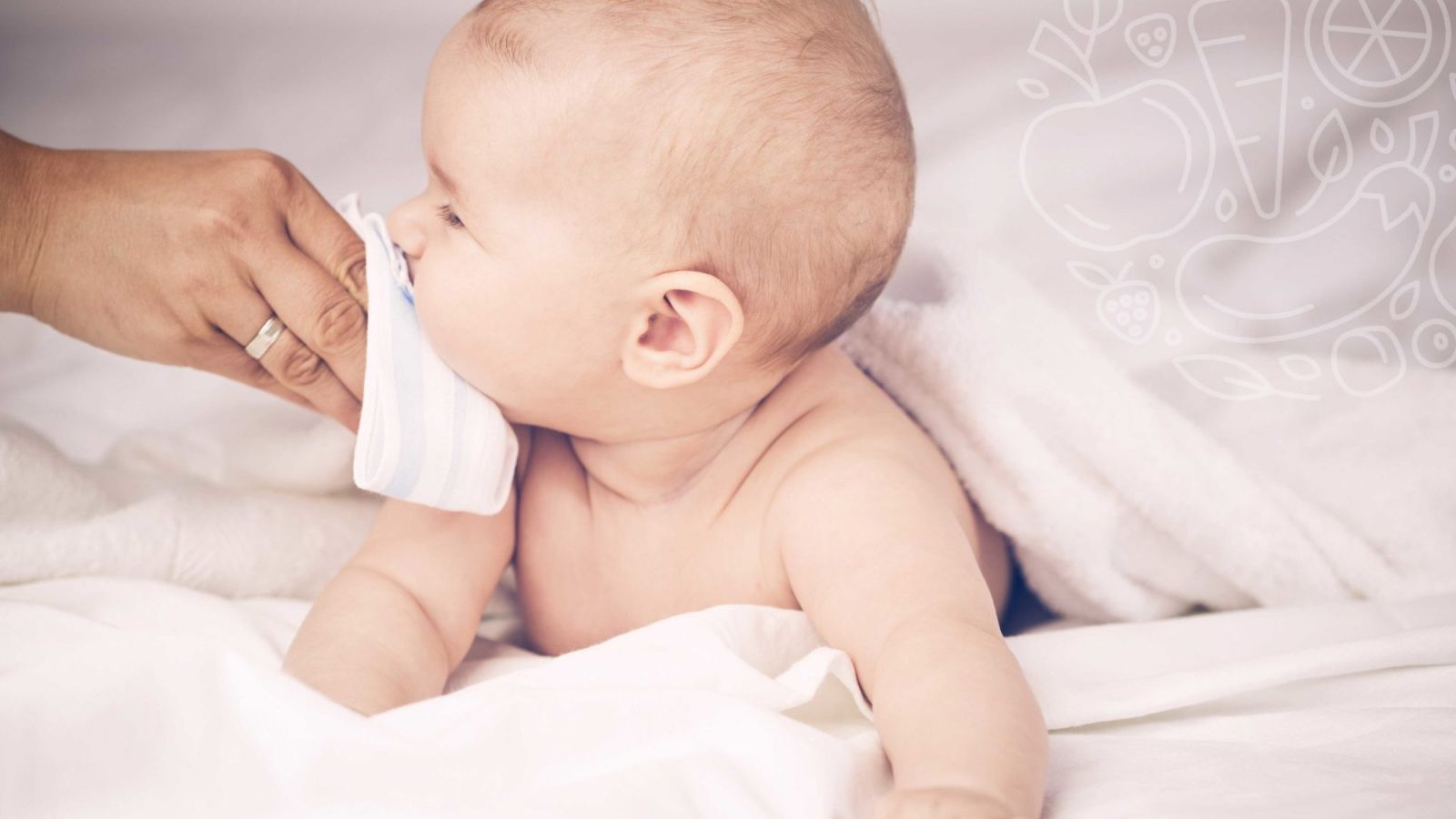
How to prevent food allergies in babies
To prevent food allergies in babies, pregnant women should eat a varied, nutrient-rich diet, including common allergens like nuts and eggs, rather than avoiding them.
Food allergies in babies happen when their developing immune systems mistakenly treat certain foods as threats. Reactions can range from mild (like rashes or tummy troubles) to severe, such as breathing difficulties or anaphylaxis.
Preventing food allergies through early allergen exposure
In the past, pregnant women were told to avoid allergy-provoking foods like tree nuts, peanuts, soy, fish, shellfish, milk and eggs, to help with preventing food allergies in their babies later on.
In fact, some recent scientific studies have shown that the reverse is true. For example, up to 80% of peanut allergies are preventable with early allergen exposure.
Preventing food allergies in babies: Early allergen introduction
Today, experts recommend that pregnant women do not avoid common food allergens unless they have a medical reason to do so. In fact, eating a wide variety of foods—including peanuts, milk, and eggs—while pregnant and breastfeeding may help in preventing food allergies in babies.
This approach is closely linked to the concept of early allergen introduction: your baby is more likely to tolerate foods you regularly consumed during pregnancy and while nursing. It’s one of the earliest ways to gently train your baby’s immune system.
Preventing food allergies in babies: Is your child is at risk?
Around 1 in 3 babies today may face an increased risk of developing food allergies. Wondering if your little one is at risk? Try our Baby Allergy Tracker to learn more and get personalized tips.
Be sure to check out our complete guide on preventing allergies in babies during pregnancy.

